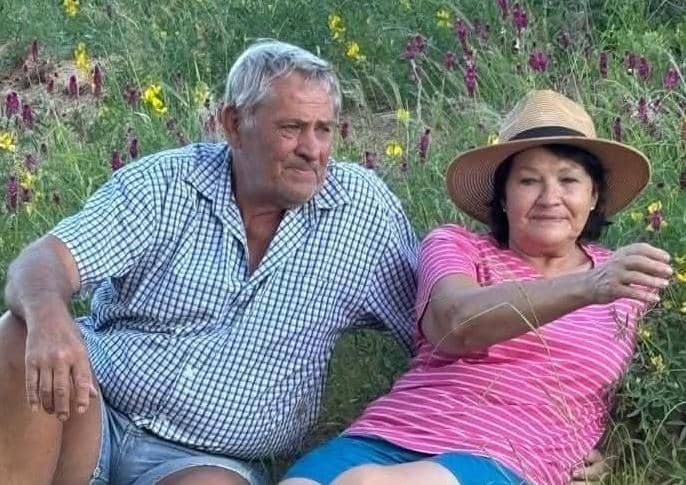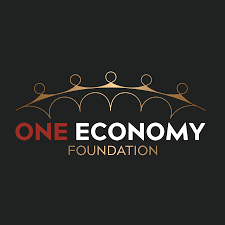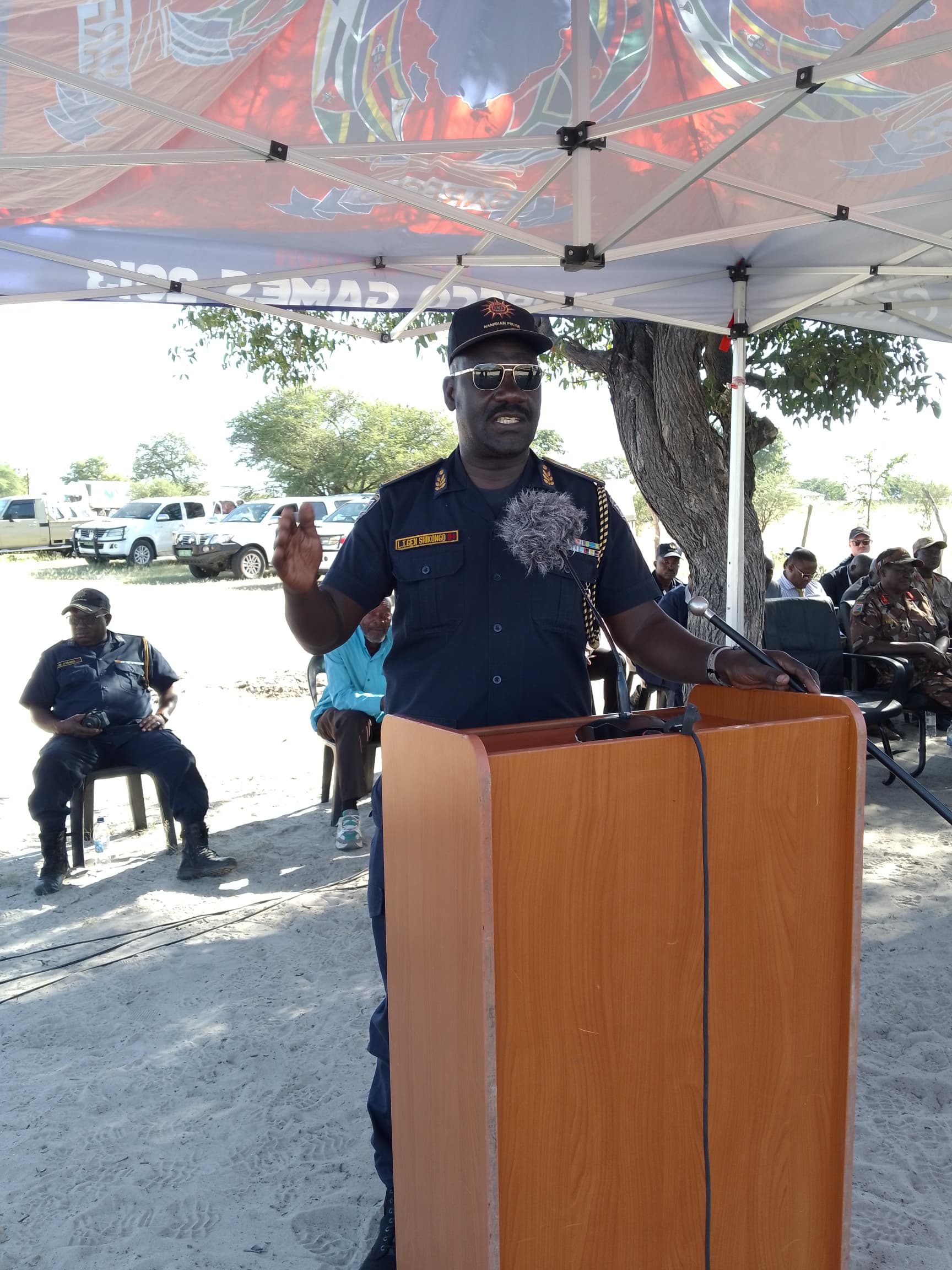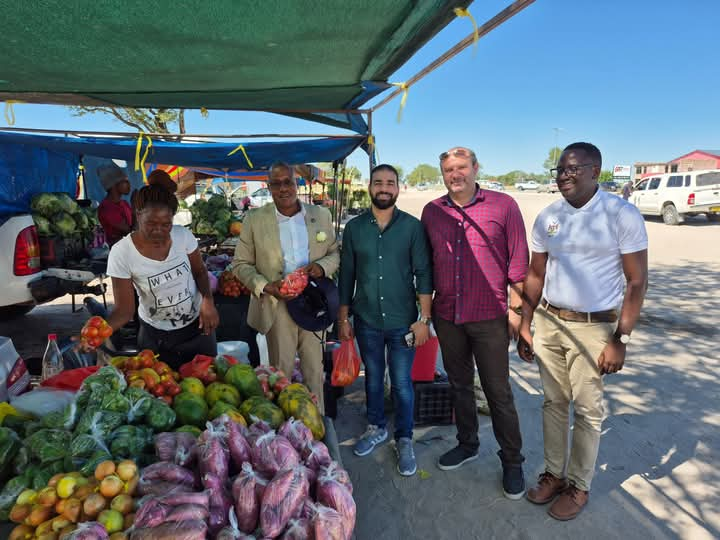GENEVA – Luzius Wasescha, Swiss ambassador to the World Trade Organisation (WTO), likes to recall how negotiators once met for three weeks in the 1950s to haggle over tariffs on hats.
By the time they had finally agreed to open trade in headgear, men’s hats were no longer fashionable.With the WTO’s Doha round – already the longest-running set of trade negotiations – limping into its ninth year, the anecdote sums up the difficulty, if not futility, of trying to reach new deals to open trade in an ever more complex world.Perhaps it is for that reason that negotiations on Doha, launched in November 2001 to open markets and help poor countries prosper through trade, will not be on the agenda when ministers from the WTO’s 153 members gather in Geneva this coming Monday for a delayed conference to take stock of the body and its work.But for all the formal discussions on the future role of the WTO, Doha is likely to dominate the three-day meeting, with most members wanting to see whether President Barack Obama’s administration is ready to get actively involved in the talks.’Like it or not, the whole world is looking to the US to bail out the negotiations,’ former U.S. ambassador to the WTO Peter Allgeier, whose nominated successor Michael Punke has not yet been confirmed by the US Senate, said on November 19.Obama’s White House has been preoccupied by issues from healthcare to climate change, and does not want to alienate unions and other supporters who see free trade as a tool to destroy American jobs.Recently, however, Obama and his team have been talking about the ability of exports to generate employment.But trade insiders say the United States and other powers are not ready to enter the ‘endgame’ that will produce a deal. ‘I don’t get the impression that the major players are piling something into this that would change the dynamics,’ said Roderick Abbott, a former WTO deputy director-general who has argued WTO members should quickly agree a slimmed-down deal so they can turn to problems from climate change to food security.Estimates of the value of a deal, and who will benefit most, range widely.WTO Director-General Pascal Lamy says that the deal – which would cut industrial and agricultural tariffs and farm subsidies and open up trade in services like construction and finance – is 80 per cent done.But the gaps – which mainly revolve around waivers for rich countries to protect their farmers and emerging economies to shield their fledgling industries – are still wide.Lamy does not want to offer ministers a premature deal that would risk the conference breaking up in disarray, as happened in Cancun in 2003, or 10 years ago in Seattle in 1999 when anti-globalisation protests also disrupted the meeting.Instead, the meeting will review the WTO’s work, including progress on Doha, and its contribution to economic recovery.Here the picture is better. Although the slump in demand caused by the crisis has led world trade to contract by 10 per cent or more this year – the biggest drop since the 1930s – the world has avoided relapsing into tit-for-tat protectionism.’The global economy has not suffered an outbreak of protectionism. But there has been some policy slippage which could make recovery more difficult,’ Lamy wrote to ministers on November 18. ‘In general terms, the world economy is about as open for trade today as it was before the crisis started.’The WTO’s dispute settlement system is working actively – a sign that members are willing to play by the rules.And although the number of anti-dumping investigations – probes into unfairly priced imports that are the main source of trade disputes – rose 15 per cent to 217 in the 12 months to June this year, the number of new trade disputes actually launched so far this year has fallen.Ministers only have two decisions to take at the conference – rolling over a moratorium on disputes involving intellectual property where no WTO rules have been formally broken, and extending a moratorium on imposing duties on e-commerce.So they will have plenty of time to discuss the Doha talks in the corridors and hotel rooms.Political leaders have called for Doha to be completed by 2010, a goal likely to be endorsed again by ministers despite a series of missed deadlines over the past eight years.Geneva negotiators say it will take only a few tough political compromises – say on the extent to which big emerging countries like China and India open their markets for manufactured goods, or the United States cuts farm subsidies – to clinch a deal, and 2010 is possible.Activists gathering in Geneva for the conference argue the Doha round, far from promoting development, will entrench the disadvantage that poor countries suffer in trade.But developing countries themselves are calling for an ‘early harvest’ of measures already largely agreed, from cuts in cotton subsidies to duty-free quota-free access for their goods, aware that what is on the table is better than no deal at all. – Nampa-Reuters
Stay informed with The Namibian – your source for credible journalism. Get in-depth reporting and opinions for
only N$85 a month. Invest in journalism, invest in democracy –
Subscribe Now!










